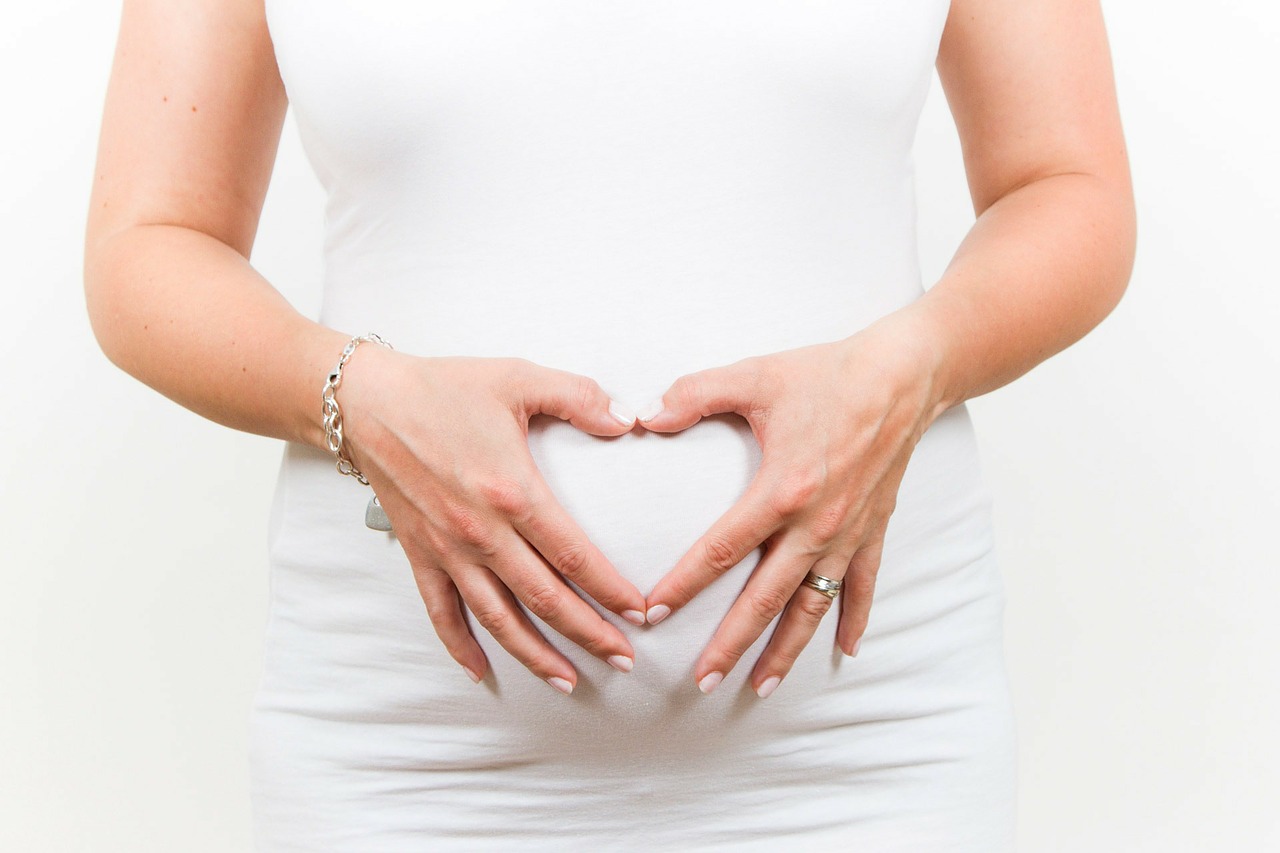WTH is... a series that touches on the health issues that women all over the world face. Get your facts sorted, and perhaps, finally get the help you deserve. #teambusywoman

Women are blessed with the ability to reproduce and with a body, that is extremely sensitive to whether it is a safe environment to reproduce. With the mounting responsibilities that women now have, the body can get overwhelmed. The immense physiological stress has seen more women having to battle with Polycystic Ovarian Syndrome ("PCOS") in recent times.
A silent battle against an enemy, there’s a long list of physical symptoms such as, weight gain around the tummy, hair growth (where there shouldn’t be), constant fatigue, irregular periods, etc. Mental and emotional symptoms like depression, anxiety and extreme mood swings are prominent too.
Either given no solution to their “unsolvable issues”, or a never-ending list of pharmaceuticals, some are also told to “lose some weight” by their medical professional. Ummm… not quite the simplest thing to do when someone has PCOS!
What exactly is PCOS?
It’s when a woman’s menstrual cycle is disrupted, causing cysts to grow on her ovaries. These cysts then cause major hormonal imbalance, which creates the long list of symptoms that come with PCOS.
There are two types of responses to PCOS; where one woman gains weight that is either uncontrollable or hard to shed, and another that stays pretty lean. Dealing with both is a little different.
What causes PCOS?
As women, we all know how stress can affect our menstrual cycle, as that cycle is closely related to our brain function. It is necessary for us to know when to reproduce and not reproduce. Put your body through enough stress of any sort for an extended amount of time and that will affect your menstrual cycle as a woman.
For the women with PCOS, "I’ve asked each of them to think back to when all this started and what was going on in their lives during that time. There was always something drastic."
Stress (physical, environmental, emotional, etc) is the root cause of this syndrome and with the development of PCOS, we lose the ability to handle great amounts of pressure. In a way, it is our body forcing us to relax on life a bit.

How do you deal with PCOS?
Weight gain is not a problem for all women with PCOS, but it is the main struggle for most. The large factors here are nutrition and exercise, however, take either to an extreme and it could make your symptoms worse.
For women who do not have these hormonal dysfunctions, their window for stress is much larger. Meaning, they can push their bodies further before something like exercise or emotional hurt becomes threatening.
Women with PCOS have a much smaller window for stress and pushing past that window makes things even worse. You have to listen to your body when you’re making changes and if something leaves you feeling depleted or knocks you out of action - then you’re doing too much.

Managing PCOS almost always requires a lifestyle overhaul in the long run. Focus on changing the big important elements that are movement, sleep, nutrition and stress management. Having said that, don’t shock your body by doing too much at once. Instead, introduce positive and sustainable lifestyle habits sustainably in your daily life.
Tips:
- Explore removing dairy and soy from your diet due to the hormonal effects it plays on your system.
- Ensure you are getting sufficient amounts of protein and fiber.
- Manipulate your daily starch intake.
Controlling carbohydrate intake is very important and works differently for everyone. Those who have gained weight can look at dropping to a low carb diet. Trial and error by watching your biofeedback is how you have to judge how low to go with your carbohydrate intake.
For those who are leaner, focusing more on your mental and emotional stress tends to play a large role in calming the symptoms. This would take an improvement in sleep, meditation, rest and relaxation time.
The Content is not intended to be a substitute for professional medical advice, diagnosis, or treatment. Always seek the advice of your physician or other qualified health providers with any questions you may have regarding a medical condition.

Article contributed by Coach Cari Li - with over a decade of coaching experience, and 5 years in the fitness industry helping people develop healthier bodies. She now provides online lifestyle coaching for women who are having trouble with fat loss results, by tweaking certain habits to make it the smoothest journey possible for them.
"I believe that fitness and nutrition need not be extreme... Rather, implementing sustainable solutions into your current lifestyle can help you find the right balance to enhance your mental, physical and emotional health. I want women to realise that there are realistic ways that they can improve their body and health even with a full schedule of being a mother, career woman, wife and daughter."
Want to start moving?
For those dealing with PCOS, a good place to start with movement is Coach Cari's 5 x 15 Program. It is a free home workout guide that gives you 15-minute workouts and you can start by doing these 3 times a week before increasing your activity.
What other health issues are you curious about and would like to learn more? Drop us a note at [email protected].

